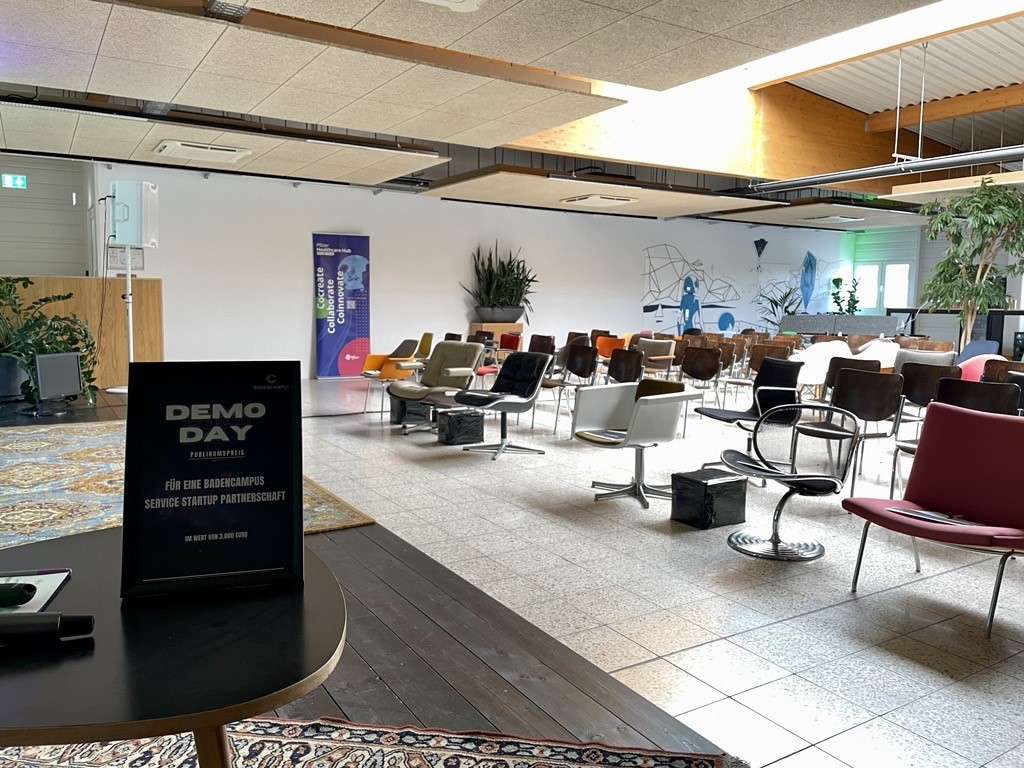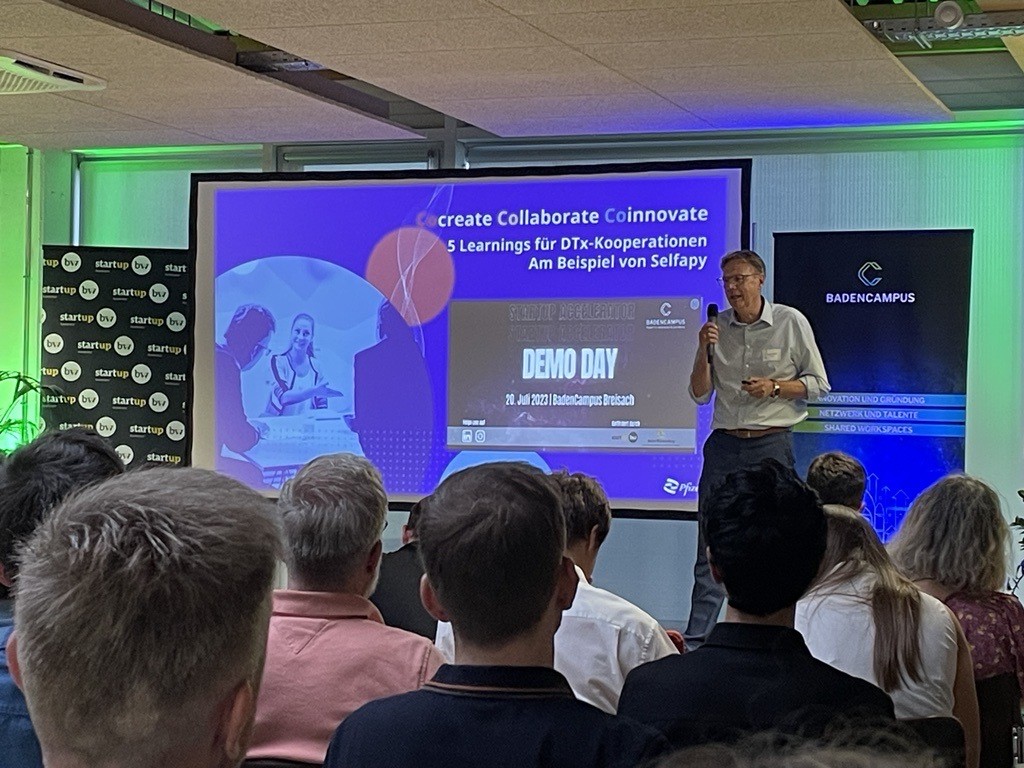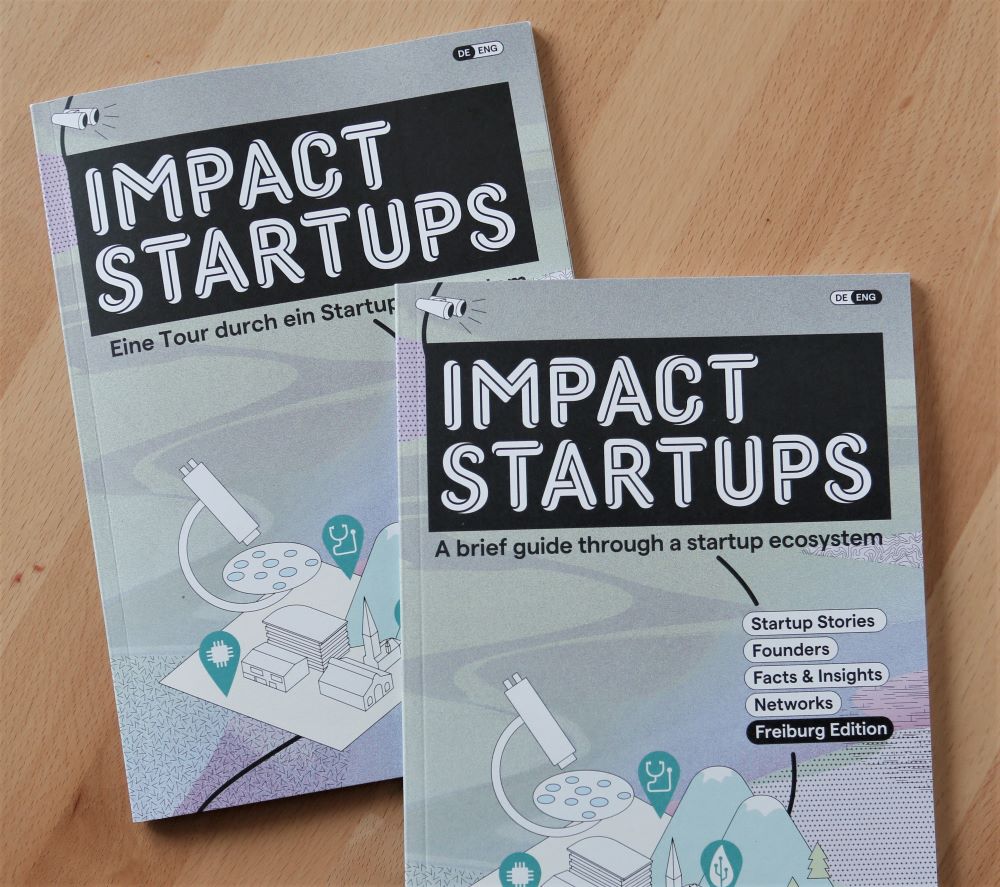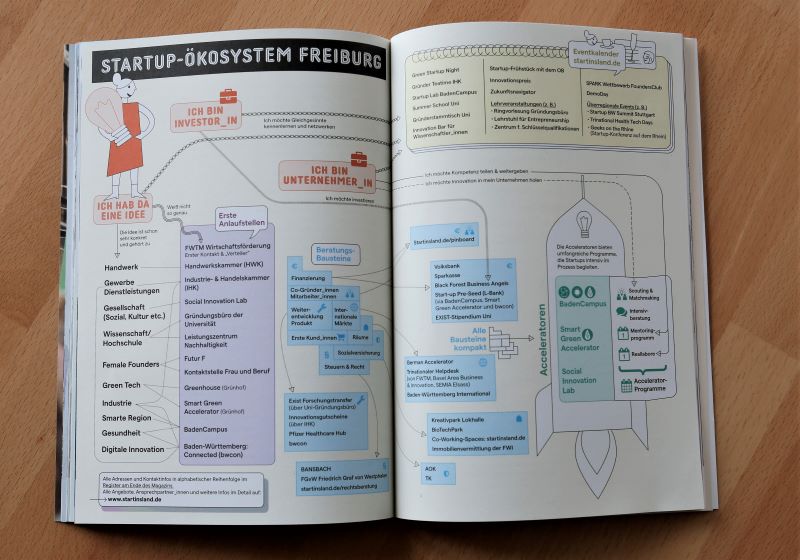
Brandon Hall Award for Best Use of Virtual Worlds for Learning: Pfizer's hands-on VR stroke training revolutionizes medical education
Once a year, the Brandon Hall Group recognizes outstanding achievements with the Brandon Hall Awards. The awards are presented for different areas, including learning and development, talent management and leadership development. There are several hundred submissions per year, of which around 20% are rewarded with an award in bronze, silver or gold.
At this year's ceremony, the virtual reality simulation training developed by Pfizer in cooperation with 3spin Learning was awarded a Brandon Hall Award. The coveted award was given to Pfizer and 3spin Learning for the successful use of virtual environments in learning applications ("Best Use of Virtual Worlds for Learning"): "Pfizer's hands-on VR stroke training in the virtual world '3spin Learning' revolutionizes medical education," the Brandon Hall Group said on its website about the decision.
The training was developed by the "Medical Education Transfer" department together with the startup 3spin Learning and Prof. Dr. Sobesky as well as Prof. Dr. Pfeilschifter from the University Hospital Frankfurt and was used for the first time in May 2023 at the Stroke Unit Starter Course.
Servet Yilmaz, Manager Customer Education, initiated the cooperation with 3spin. "We are very pleased about this recognition. For us, the award is a nice confirmation that it is always worthwhile to look for new innovative solutions."
We are delighted about the award and congratulate everyone involved on this great success!
Read more about the cooperation between Pfizer and 3spin Learning
DemoDay 2023: The finale of the BadenCampus Accelerator – and the 5 success factors of DTx collaborations
On July 20, 2023, VCs, representatives of startups and companies met for the grand finale of the BadenCampus Startup Accelerator: Ten startups presented their business models to the expert jury and the audience. Thorsten Mintel, Director Strategic Innovation at Pfizer, spoke about the learnings of DTx collaborations in an impulse contract using the example of the Selfapy cooperation.
In bright sunshine, Alina Grebe and Günther Kornacker welcomed the approximately 130 guests of this year's DemoDay at the BadenCampus in Breisach. Dr. Simon Bretschneider, Business Analyst at the Federal Agency for Disruptive Innovations SPRIND, first spoke about different financing models for innovations. A highlight of the evening were the pitches of the startups of the BadenCampus Startup Accelerator: With sophisticated presentations, vivid prototypes and well thought-out business models, the founders from the fields of Energy & Cleantech, Smart City & Industry and Life Science & Healthcare received a lot of applause and not only gave insights into their young companies, but also impressively presented the innovative strength of the region.
The first place of the jury and also the audience award went to the startup nanoshape, a spin-off from the Karlsruher Institut für Technologie (KIT). The team led by Litsy Hüschelrath and Patrick Doll has developed a patented nanoshape technology that refines medical implants made of titanium in such a way that their surface has an antibacterial effect. The two founders were happy about the prize money of €10,000.
5 rules for successful DTx collaborations
Recently, Pfizer launched its first DiGA: "Selfapy's Online Course for Chronic Pain", which was created in collaboration with Selfapy. Based on these experiences, Thorsten Mintel formulated five rules for successful cooperation between a corporation and a start-up in his keynote speech, which can also be applied to other DTx cooperations:

- Set clear goals and expectations and make success measurable!
- Set the legal framework in advance!
- Show flexibility and openness and establish an open and effective communication at eye level!
- Provide the necessary resources!
- Be patient!
Peter Neske, Innovation Lead at Pfizer, was also on site. At an atmospheric afterparty with a food truck and DJ, the participants were able to network further in a relaxed atmosphere and DemoDay 2023 came to a successful conclusion.

Freiburg has its own startup magazine – the Pfizer Healthcare Hub is right in the middle of it instead of just being there
Old town, Bächle, wine, SC and start-up city: we're talking about Freiburg. In the city comparison of start-ups per inhabitant, the Black Forest metropolis, which is rather manageable with around 240,000 inhabitants, took 3rd place, ranking directly behind Berlin and Munich. The start-up initiative of the Freiburg Startinsland region has now published its own magazine: "IMPACT STARTUPS: A tour through a startup ecosystem". The magazine introduces the Freiburg startup scene and its important players, provides insights into the development of young companies, is a guide for founders - and provides an answer to the question: "Freiburg in 3rd place - really now?"
Some insights into the freshly printed magazine:
Startup stories about gamechanger solutions: Wireless charging technology for self-driving electric vehicles, refrigerator-sized Constellr satellites that detect impending drought from space and secure crop yields, analysis discs that detect skin diseases and light sources for optogenetics research: Here you will find the success stories of Wiferion, the startup that has just been bought by Tesla, Constellr, Opto Biolabs and Dermagnostix.
Co-working, startup support, university location and startups: On the Freiburg startup map, you can see at a glance who is sitting where and what else Freiburg has to offer.
Guide for founders, companies and investors: All contact points, consulting modules and accelerators in Freiburg are outlined in a clear graphic - the Pfizer Healthcare Hub is also included as a contact point for health and tech companies that want to further develop their product.

Startinsland start-up initiative and partners: Of course, the contact points in Freiburg have a face, in this case many: The contact persons of the start-up initiative of the Freiburg Startinsland region are all visible on pages 52 and 53, and Peter Neske is there as the contact person for the Pfizer Healthcare Hub.
And how does Freiburg now make it to 3rd place among start-ups?
One of the factors is certainly the dynamic and well-networked startup ecosystem in Freiburg, which is supported by the start-up initiative Startinsland and its partners.Jannis Gilde, Project Manager Research at the Startup Association, cites talents as another factor. "They like to be where it is pleasant to live and where there are good universities," says Gilde.
Sources:
Next Generation Startup-Neugründungen in Deutschland (August 2022)

1000 days of DiGA: MedtecLIVE in Nürnberg
On May 23, 2023, Selfapy's Co-CEO Adham Kassab and Maja Hoock, Innovation Lead of Pfizer Healthcare Hub Berlin, were on the Innovation Stage at MedtecLIVE in Nuremberg for the session "1000 days of app on prescription - insights into status quo, approval & collaboration opportunities." They presented Pfizer's world-first DiGA: "Selfapy's online course for chronic pain".
MedtecLIVE takes place annually in Nuremberg or Stuttgart and is the central European trade fair for medical technology. The latest medical technologies are presented at the three-day event; focus topics are digitalization, production of the future, transformation and regulation.
The DiGA cooperation between Selfapy and Pfizer at the Innovation Stage
Recently, collaboration partners Pfizer and Selfapy were pleased to announce the inclusion of "Selfapy's online course for chronic Pain" in the official DiGA directory: the approval process was a real challenge, said Adham Kassab. He emphasized that DiGA must go through a rigorous evaluation process to be included in the BfArM (German Federal Institute for Drugs and Medical Devices) directory. These strict quality and safety rules of DiGA are a quality feature in contrast to freely available health apps without prescription, he said. Patients, physicians and therapists can use the certified apps on prescription to support therapy and monitor health status. Kassab also reported on potential hurdles in meeting regulatory standards and how they can be overcome. Support would include strategic partnerships.
Maja Hoock shared her experiences with the visitors and explained Pfizer's role as a DiGA collaboration partner: "With our work in the Pfizer Healthcare Hub, we help startups successfully master the difficult phase of market launch - and enable patients to access digital applications."
Pfizer supported Selfapy in its market launch with marketing, PR and the sales and medical expertise of a research-based pharmaceutical company. "Apps on prescription have been available in Germany for 1000 days - a success story that for us has just been crowned with the launch of Pfizer's first DiGA worldwide. We generated a lot of insights and learnings with this DiGA collaboration. Now we are evaluating them to further accelerate processes and make them globally usable for Pfizer," says Maja Hoock about the importance of this partnership for the global Pfizer organization.
Keynote speeches around DiGA
Malte Fritsche (BITKOM) moderated the keynote presentations on the Innovation Stage and first announced Vincent Erdmann from Digital Oxygen. The latter spoke about DiGA basics and said that three years after the introduction of the law, little was known about DiGA among the general public. His presentation was titled "1000 Days of DiGA: Between Innovation and Regulatory Hurdles." Michael Schober of mediatixx used his own survey analyses to show how DiGA is used in everyday practice and how practice software can interact with DiGA. Paul Burggraf from Thryve talked about interoperability of digital health apps in his keynote presentation.
The conclusion of the one-and-a-half-hour session on the status quo, approval and cooperation opportunities for DiGA: Even if success stories like Selfapy have been written, the German healthcare system still has a few lessons to learn. The processes surrounding the DiGA must be further optimized in order to make the digital applications available to patients more quickly.